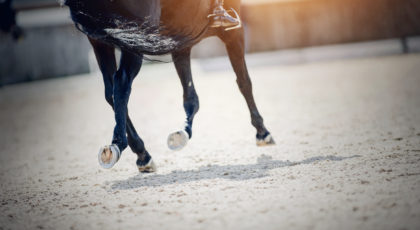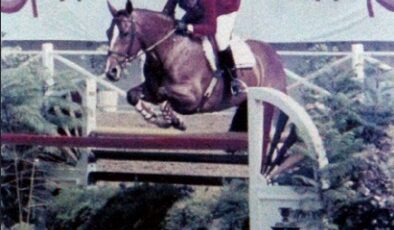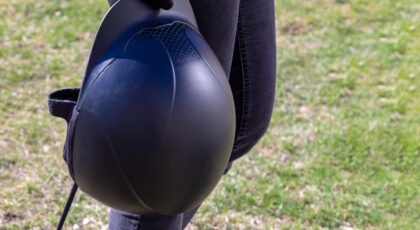Every time I sat down to finish writing this essay, I had to begin again.
The catastrophe on the page from before had blossomed into something even worse every time I picked it up again. A small late-season wildfire I mentioned in the first draft had exploded into one of the largest in Colorado history. Evacuated ranches turned included evacuated towns.
As I scribbled out another version, the United States broke its daily COVID-19 count record with a staggering 85,085 confirmed cases in one day. No matter what day I wrote, the upcoming 2020 presidential election’s news echoed bitterly in the background.
On another try, a barn buddy from my 20s called me up. We were close once, but when I listened to her describe her life now, I realized that I had lost her to an extremism that she may never recover from.
The endless drip of depressing news has leaked into my life beyond the page, as well. During the week, I teach basic writing to college freshmen. “I wanted to apologize for being so behind on grading your papers,” I told dozens of little screens on Zoom. “I have a rule that I don’t grade when I am tired, angry, or upset, and I have been tired, angry, or upset for the last month.”
To try to maintain a small bit of myself, I returned to taking dressage lessons once school started. For an hour every Monday, I get to think about whether or not I can see the inside eyelashes of my school horse instead of the chaos rattling outside the arena gate. At the end of the ride, I get to watch all the stablemates ears perk forward when they hear me open my container of carrots. Then I get to feel the satisfying twist of a blanket buckle after hooking the strap under the lesson mare’s belly.
Even though I know it makes me feel more human, I still wonder if riding horses is something I should be doing in 2020. Alice Bruno’s essay from March, “Is it Ethical to Keep Riding During Covid-19 Pandemic,” kept bouncing around in my brain. In it, she argued that keeping one’s feet on the ground and not in the stirrups is the responsible thing to do during a global pandemic.
I think she is right in some ways. Riding horses, even old, sleepy, good-natured ones, always has a risk of injury and a trip to the ER. If you live in a hot spot, where hospitals are at capacity, riding is probably not a great idea.
Another worry I have is that it seems frivolous somehow to be riding when 7.9% of Americans are now unemployed, and more than 200,000 have died of COVID-19. In times of mass suffering, it’s important to remember that what horses cost and what they represent is tied up in a complicated history of privilege, power, and access. Yes, it is ok to grieve a canceled event or a lost opportunity. But I think it is essential to keep it in perspective: being able to ride is a gift, not a right.
If these points are against riding right now, here are a few for it.
One is that horse spaces are some of the few left in America that cross the political strata. Bitless or shanks, fine drivers or barrel racers, conservative, progressive, or liberals, we all have to learn to get along when we pull up at the horse show parking lot. I have developed fantastic friendships far outside my echo chamber because of horses—and I am better for them.
Above all, horses provide us a rare unfettered joy even in a time when everything else is pretty darn crappy. It is this kind of pleasure that I’m trying to savor for the long winter nights of uncertainty ahead.
As we all flounder our way to the end of the year, horses have also reminded me that fear is a part of being alive. Instead of giving in to fear or trying to bury it under a pile of hollow absolutes, the best thing to do is look at, call it by its name, and be kind to ourselves and one another.
I still do not know whether I should be riding right now. But, I think I’ll take the lead from the horses in my life and just take it all one minute, one ride at a time.


 October 29, 2020
October 29, 2020 

























